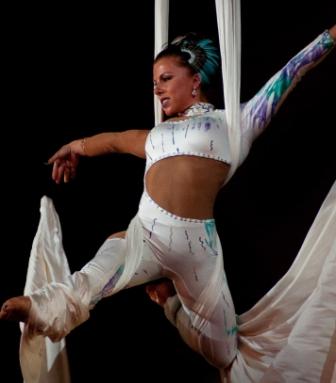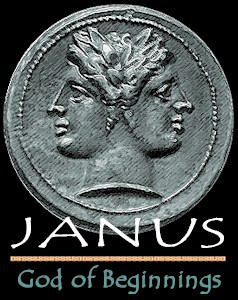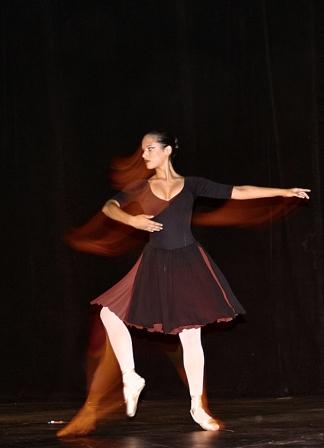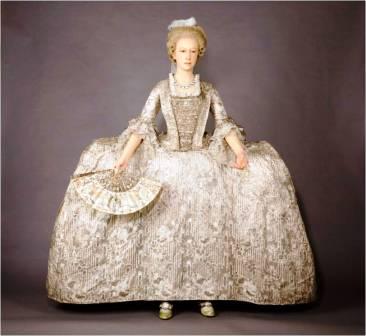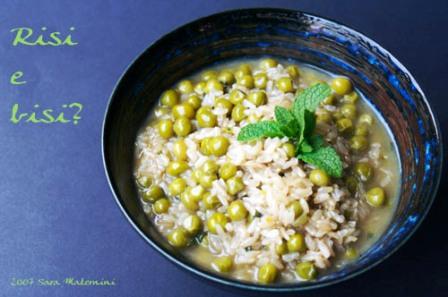On June 15th I attended a pitching workshop in Newcastle c/o Mslexia and New Writing North. It was a complete writer-to-jelly-making experience. I ran out of spit, my lips turned to unresponsive flabber, and my brain had all the computing power of a Fisher-Price chatter phone. Torture.

But so good. I hope they run more and offer them to the wider writing public.
Thinking well I can’t be any worse than that I set off from The Witterings to the Big Smoke and Foyles last Thursday. My entire system bubbles with nerves – think Mentos and Pepsi here – and I get into a complete muddle on the Underground. I come out at Charing Cross.
Now if you are not hicks-from-the-sticks, you will know this is a good old step from the bookshop. Panic. Cue one helpful policeman. From the North East. There is most definitely a God.

I’d declined the offer of meeting up with the other writers first – which was just as well.
If you’re wondering why, I didn’t mean to be rude but my way of coping is on my own. I can be hideously over-sensitive – I pick up atmosphere like dried seaweed forecasts rain. (I can get drunk on the scent of other people’s prosecco – which makes me a cheap date – but I digress.) I really didn’t want any more nerves doing an Audrey II tentacle thing on me.

Just in time I get there and I go for it.
I have a very loose connection with Ben Illis (BIA) via Imogen Cooper of The Golden Egg Academy He’s the agent for the lovely Lu Hersey, winner of the Mslexia prize and fellow selkie enthusiast. So I wade in and ask if he has space for another selkie story. I am aghast at my own cheek.

Not unexpectedly, I get an utterly charming rejection* – so charming in fact that I stay on to chat (thanks to Lu-the-tolerant). I inhabit the role of confident, enthusiastic writer. I talk anyway. I talk to editors and agents, scouts and fellow authors. It works. I get interest from people I am not self-consciously pitching to.* there are only so many selkie stories a chap can represent.
So if you get chance, say the SCBWI-BI Agents Party, go for it. Just talk honestly about what matters to you. If nothing else results from it, you will have had chance to refine your ideas with industry professionals – who are not there to make you feel a twit.
This doesn’t mean: don’t do your homework, don’t bother working out what is the core of your book and how that will appeal to your readership. Think hard. Listen to pitching advice. Work all that stuff out, hone it and then LEAVE THE SCRIPT BEHIND.
You are not selling double-glazing from a dingy call-centre in down-town Doncaster.

But it is most definitely worth getting over those confidence-draining, saprophytic nerves. In the words of Marni Nixon singing for Deborah Kerr in The King and I:
Make believe you’re brave
And the trick will take you far
You may be as brave
As you make believe you are!

A gorgeous frock must help…







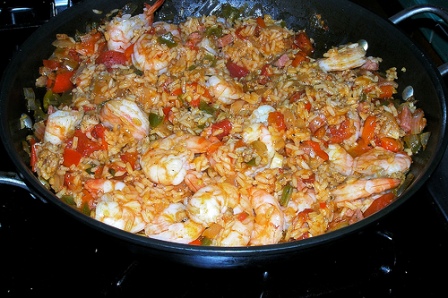




![By c. kennedy garrett (originally posted to Flickr as [1]) [CC-BY-2.0 (http://creativecommons.org/licenses/by/2.0)], via Wikimedia Commons](http://upload.wikimedia.org/wikipedia/commons/7/75/Young_woman_with_map.jpg)













